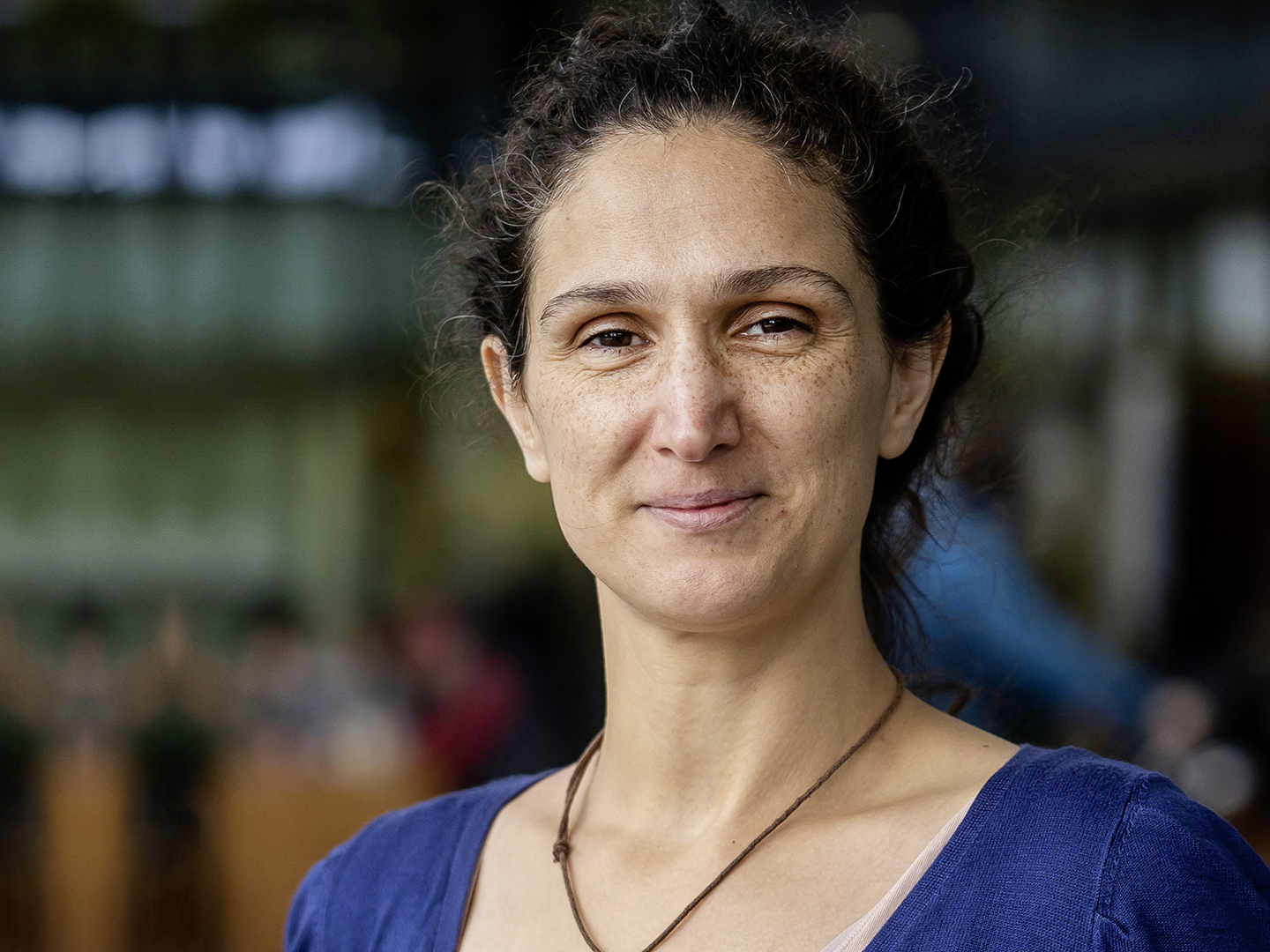… Dr. Fernanda Neira D´Angelo from HyCC
Interview of 27.04.2023

As the leader of the L-project L-II, from this perspective, what has been achieved so far in the Carbon2Chem® joint project?
Fernanda Neira D´Angelo: We have understood and demonstrated the methanol synthesis from various cleaned and conditioned metallurgical gases (e.g., BFG, BOFG, CO2) during months of time-on-stream and using various lab scale and miniplant scale reactors. This is a new and very important process for CO2 emission reduction, but it has distinctive challenges, different than the industrially mature syngas-to-methanol process. To address these challenges, the team has gained crucial understanding on the kinetics of this process, possible catalyst poisons and poisoning mechanisms. This was key to optimize catalyst formulations, and eventually design a successful continuous process to valorize metallurgical gases industrially. All this knowledge was also used to design a demonstration facility, which was procured and adjusted by L-II partners in Oberhausen and recently shipped to Duisburg to produce around 50-75 liter per day crude methanol from real cleaned metallurgical gases.
In addition, the L-II team has made important steps towards the development of a digital twin for process control and optimization, which will be crucial to accommodate the challenging dynamics of this process. Finally, the team has also investigated various relevant process concepts and developed modeling tools, which is important to understand the technoeconomic and environmental performance of the methanol synthesis process form metallurgical top gases.
What were highlights?
Fernanda Neira D´Angelo: A very important milestone was the realization of the first stable experimental campaigns synthesizing methanol from cleaned steel mill gases. These campaigns have given us great confidence in the technical feasibility of the process, and they were extremely useful to define the cleaning requirements of the feed. In general, I think the L-II team has made an excellent connection between the fundamental understanding of the process, its practical demonstration and scale-up. For example, an experimental campaign of several thousand hours with a 24-Litre-per-day miniplant was successfully used to validate a kinetic model. The published data will contribute in de-risking the scale-up process. Also, a very remarkable highlight is the recent shipment of the demo plant to Duisburg, which will start operation soon.
What were the biggest challenges?
Fernanda Neira D´Angelo: One of the biggest difficulties was to do research with real and complex mixtures of metallurgical top gases after these were cleaned in the purification section of the Carbon2Chem® technical center. Sometimes it is not enough with demonstrating that something works or not, but we also need to understand the causes in order to gain the required reassurance before scale-up, and to find solutions when needed. In a process like this, there were many variables to consider, and this was at times challenging. Besides the analytical challenges, identifying and quantifying cause-effect relationships becomes increasingly difficult when working with real mixtures. However, it was important to capture the real complexity of the process to gain the certainty that is needed to accelerate the energy transition.
What are the next steps planned?
Fernanda Neira D´Angelo: We are currently working on the demonstration of the process at a larger scale, and also collecting data to complete the technoeconomic and environmental evaluations of the most relevant process concepts.
 Fraunhofer Institute for Environmental, Safety and Energy Technology UMSICHT
Fraunhofer Institute for Environmental, Safety and Energy Technology UMSICHT